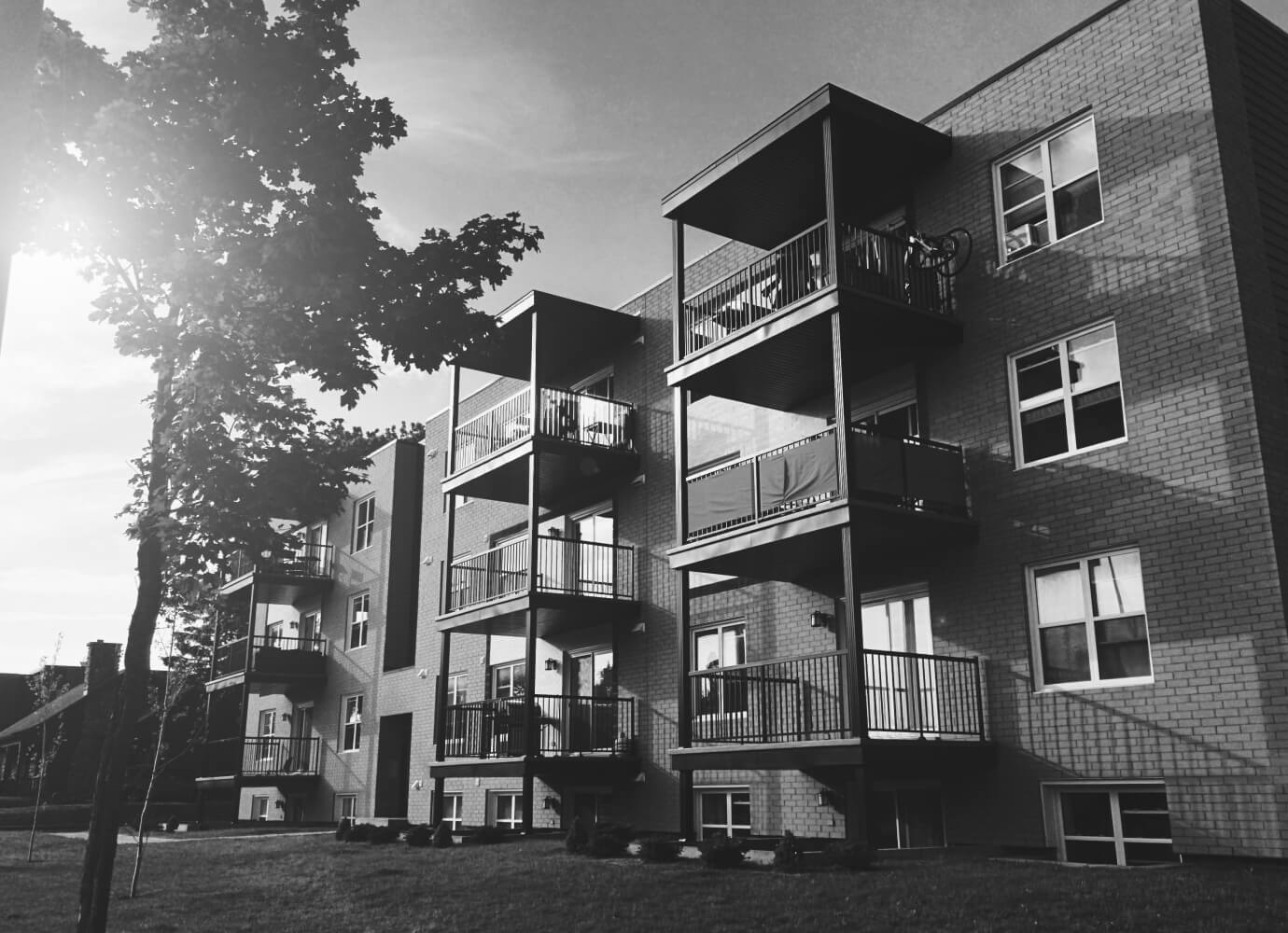Housing as a Human Right
Despite being the wealthiest state in the country, California is home to millions of residents who are either unhoused or on the brink of eviction. As of January 2020, more than one quarter of all people experiencing homelessness in the U.S. were located in California.

#1: Increasing the Supply of Affordable Housing
There is a severe shortfall of housing that low-income Californians can afford.
Currently, low-income households can either put their other basic needs at risk by allocating a large share of their total income to rent, crowd into small units to share with other families, or resort to a continuous cycle of eviction and homelessness. None of these are good options, and all of them can be overcome by building more affordable housing. A range of policies can help make that a reality:
• Streamlining: Removing burdensome requirements and speeding up the permitting and review process for housing developments that include affordable units to increase supply.
• Zoning reforms and incentives: Reforming zoning laws to allow more affordable housing to be built in neighborhoods across the state, and incentivizing developers to take advantage of these newfound building opportunities.
• Doubling down on enforcement: Ensuring more strict enforcement of RHNA (Regional Housing Needs Allocation) targets, which specify the number of affordable housing units that every local jurisdiction must have.
• Direct funding: Using public funds (in the form of grants, loans, or tax credits) to develop new affordable housing, preserve at-risk affordable housing, or rehabilitate existing affordable housing.
#2: Protecting the Especially Vulnerable
Increasing the supply of affordable housing alone will require a relatively long period of time before benefits are fully realized. In the meantime, there is an urgent need for more immediate action.
The most effective way to do that is by increasing the availability of tenant-based rental subsidies, Federal Housing Choice Vouchers, and short-term emergency rental assistance. In addition to these subsidies, pursuing legal approaches to strengthen tenant rights are key.
Closing gaps in just-cause eviction and rent cap laws, providing tenants with more time to respond to eviction notices, reducing owner move-in evictions, guaranteeing a right to counsel for low-income tenants facing eviction, and increasing public funding of legal aid for tenants are critically important to do just that.
And although these are important steps to prevent homelessness, some individuals and families will still lose their housing along the way. When this happens, we need to support local services like “housing first” approaches that provide immediate permanent housing to ensure that homelessness is brief.
We believe housing is a fundamental human right, and that no Californian should have to earn shelter. There is a clear path to make that vision a reality.
Read our paper with the Stanford Center on Poverty & Inequality!
A Roadmap to An Inclusive Economy



